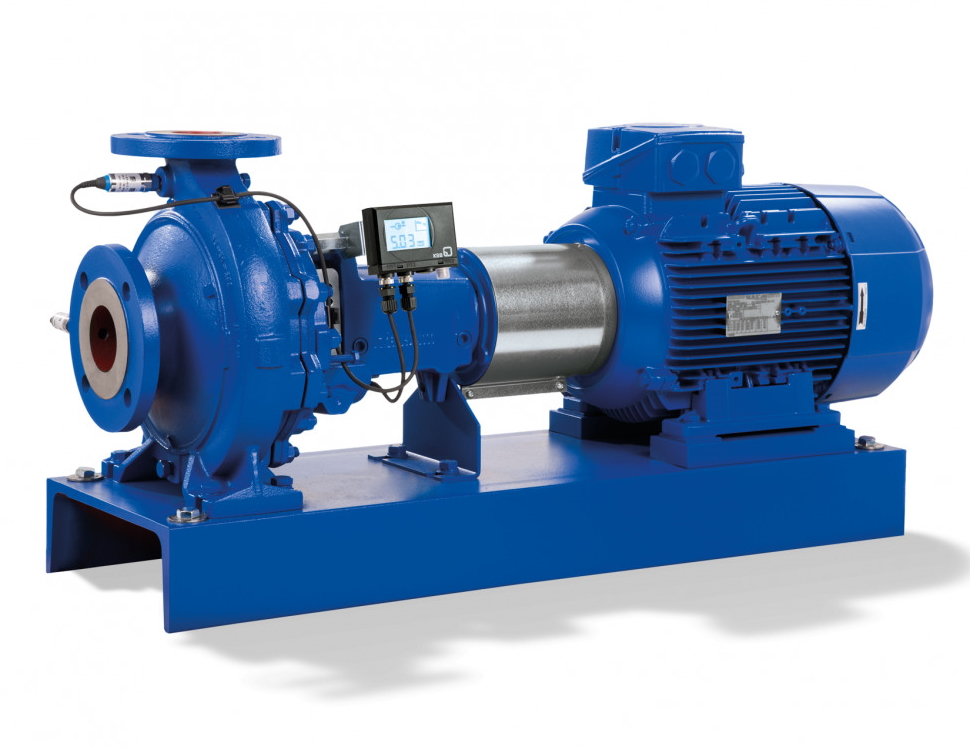Hydraulic pumps are a vital part of several machines. As an important component of machinery, hydraulic pumps are used in almost every type of production system. A hydraulic pump performs a significant function and with proper maintenance, it can keep operating smoothly for years. However, similar to any other mechanical device, hydraulic pumps also wear out and age. Most hydraulic pumps fail due to some common reasons such as excess pressure, fluid contamination, excessive temperatures, poor fluid quality, cavitation, and unaddressed leaks.
When a hydraulic pump fails, it causes significant downtime and impacts the project’s progress. However, these issues could be avoided by identifying some early signs of failure. Before a hydraulic pump fails, it starts showing some warning signs. Ignoring these early signs could lead to pump failure and bring your work to a halt. The sooner you identify these symptoms, the easier it becomes to fix them and prevent complete failure. So, if you want to avoid a complete system failure, make sure to monitor your pumps regularly and take note of some warning signs that can lead to hydraulic pump failure.
Here are some signs to look out for during pump inspection that indicate it’s time to repair or replace your hydraulic pump.
Hydraulic Pump Leak
Leaking hydraulic fluid is a sign there’s something wrong. Leaks could be internal or external. The pump is designed to keep the fluids inside the tube. If you notice any liquid elsewhere, there’s a problem. Leaks could occur due to various reasons- lose seal or line break. If the interior leak isn’t fixed, you will notice liquid outside the pump. Leakage is a serious concern because it reduced pressure in the system and leads to performance issues. Leaks can also increase the temperature of the system.
Unusual Sounds
If the hydraulic pump is noisier than normal, there’s a problem. When in proper working condition, hydraulic pumps run quietly. But as internal parts start wearing down or the seal deteriorates, the pump may start making noise. Often this is a sound of the internal parts rubbing together. But if components have worn out or the load has increased, the internal friction will increase which increases vibration and noise. Cavitation or air in the system could be responsible for banging and knocking sounds. Whether you hear humming, banging, or grinding noises, make sure to get the pump checked and repair/replace it if needed.
Strong Odor
Besides noise, you may also notice an odd odor coming from the pump. A hydraulic pump consists of multiple internal parts that are made of metal. Wear and tear and moisture can corrode metal parts. Internal corrosion can make the pump vulnerable to leaking hydraulic fluid. The bad smell could be due to leaks, dirt, oil contamination, or any other reason. So, get the pump checked and get a new hydraulic pump if needed.
Reduced Operational Speed
There are various signs that show there’s a problem with the pump. Whether the speed of your hydraulic system has slowed down or fluid temperature is increased, it means something is wrong. Slow speed or longer cycle time is often due to leaks. You should also turn off the machine and check if the fluid is at the normal level mark.

